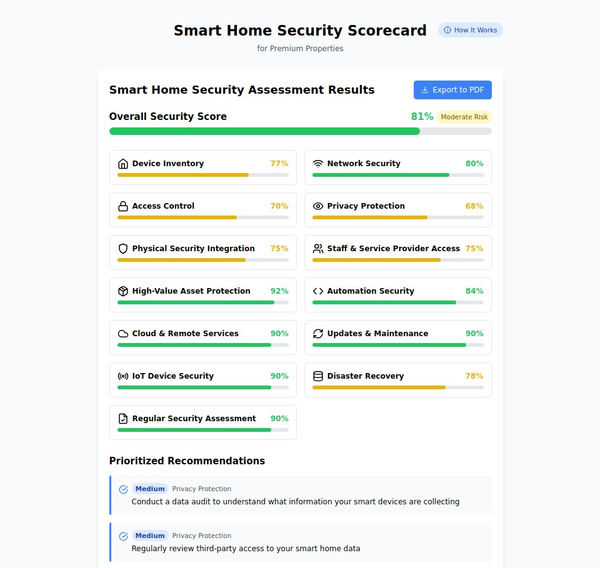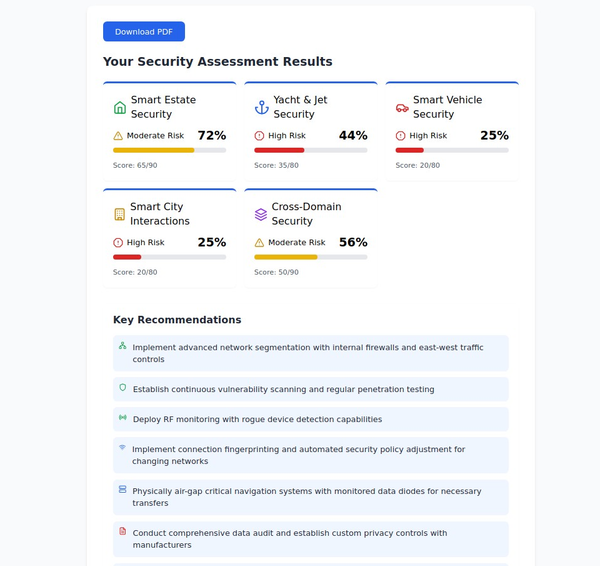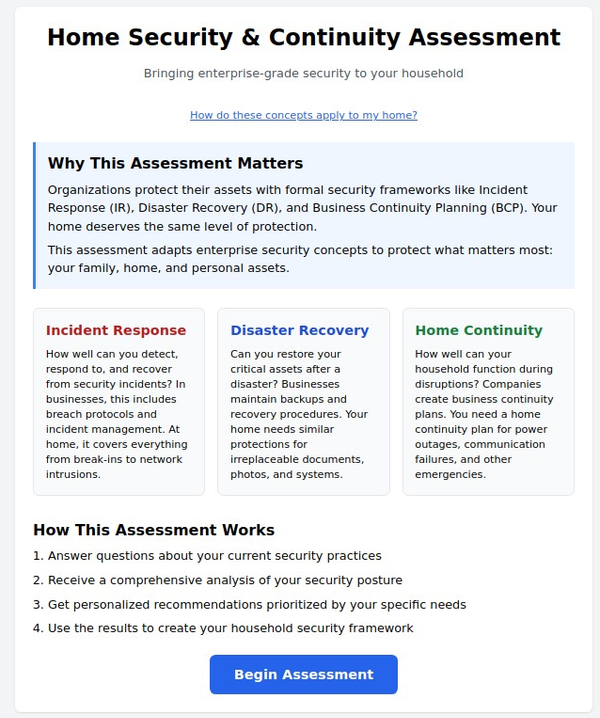Voice Assistants and Privacy: What You Need to Know

Voice assistants like Alexa, Google Assistant, and Siri have become ubiquitous in our lives, offering unparalleled convenience. However, with this convenience comes questions about privacy. This article explores the data collection practices of popular voice assistants and offers tips on securing your smart home ecosystem.
Introduction
Voice assistants have moved beyond smart speakers and are now integrated into a variety of devices, from smart home gadgets to cars. While these assistants offer incredible convenience, they also raise concerns about privacy. This article aims to shed light on what you need to know about voice assistants and privacy.
Data Collection Practices
1.1 Listening All The Time?
Voice assistants are designed to respond when they hear their wake word. However, this means they are always listening. What happens to the data they collect?
1.2 Data Storage
Most voice assistants store your voice commands on their servers for a certain period. This data is used to improve the service but can be a privacy concern.
Securing Your Smart Home Ecosystem
2.1 Mute When Not in Use
Many smart speakers come with a mute button that disables the microphone, providing an extra layer of security.
2.2 Review and Delete Voice Recordings
Both Amazon and Google allow users to review and delete their voice recordings. Make it a habit to regularly check and manage your data.
Beyond Smart Speakers
3.1 In-Car Voice Assistants
Voice assistants are now being integrated into cars. While this offers convenience, it also poses new challenges for data security.
3.2 Everyday Objects
From refrigerators to watches, voice assistants are appearing in a variety of everyday objects. Each of these devices presents its own set of privacy concerns.
Tips for Protecting Your Privacy
4.1 Use Voice PINs
Some voice assistants offer the option to set up a voice PIN for sensitive commands, adding an extra layer of security.
4.2 Limit Third-Party Integrations
Be cautious when linking third-party services to your voice assistant, as this can expose more of your data.
4.3 Turn Off Personalized Recommendations
Both Alexa and Google Home offer personalized recommendations based on your usage. While convenient, this feature uses more of your data.
The Future of Voice-Controlled Living
Voice assistants are becoming more integrated into our daily lives, shaping the future of voice-controlled living. As they evolve, it's crucial to stay updated on the latest security features and privacy policies.
Conclusion
Voice assistants offer incredible convenience but come with their own set of privacy concerns. By understanding their data collection practices and taking proactive steps to secure your smart home ecosystem, you can enjoy the benefits while minimizing the risks.





